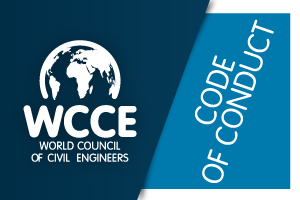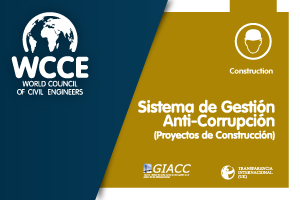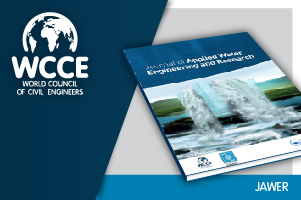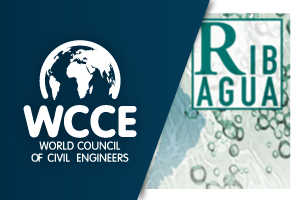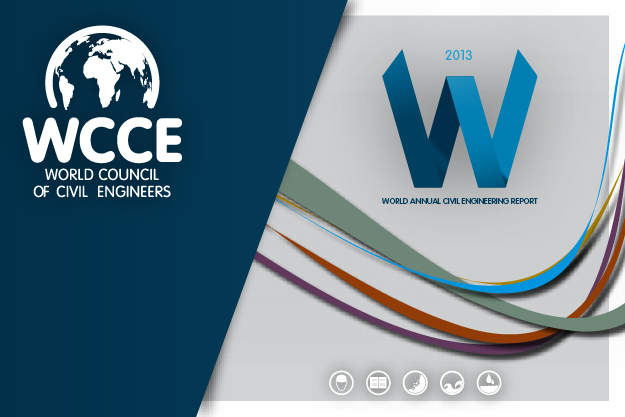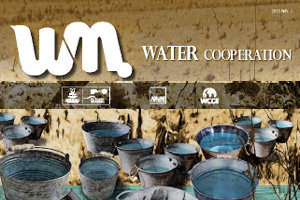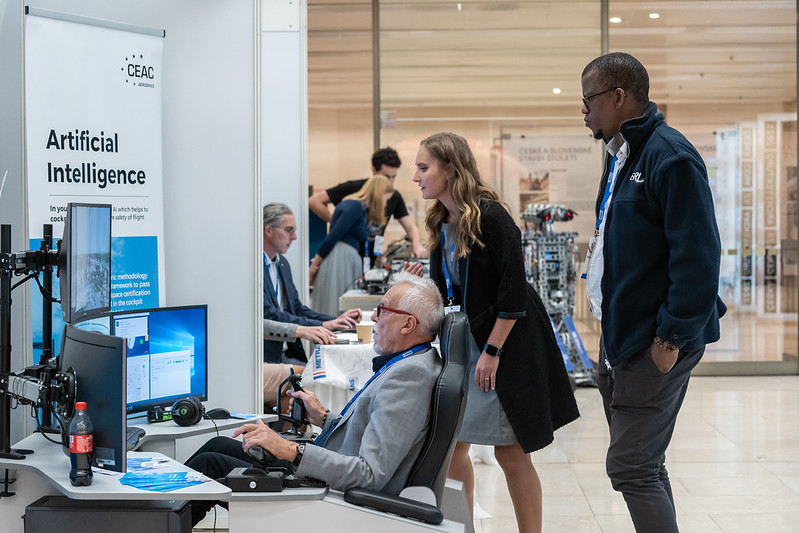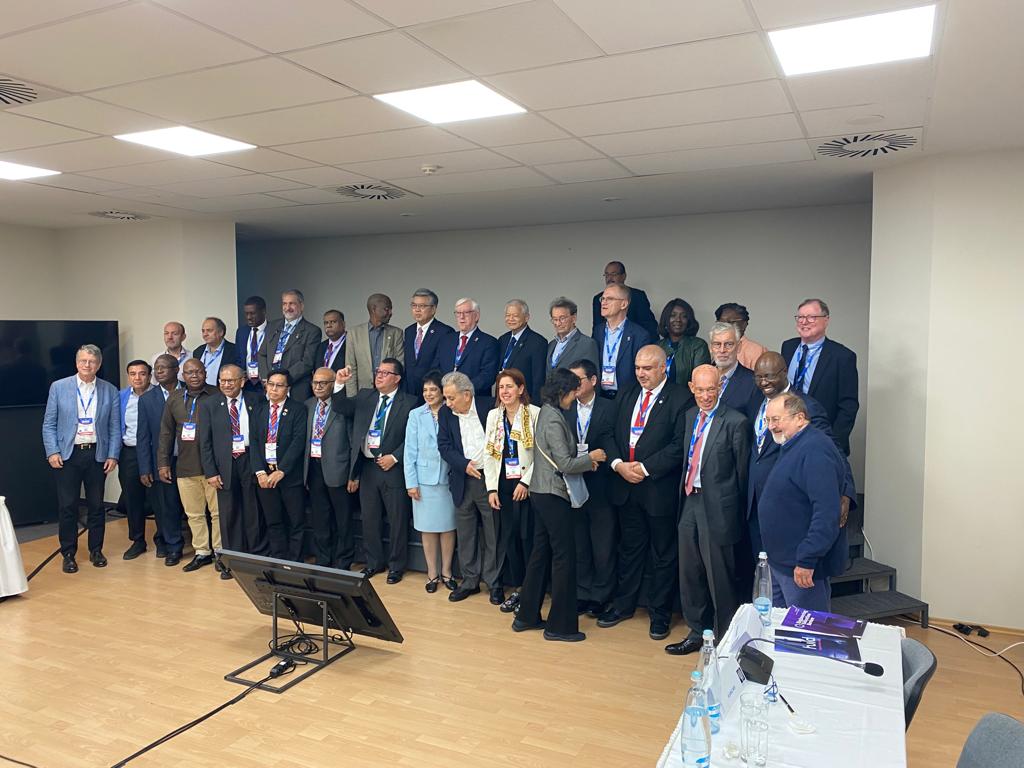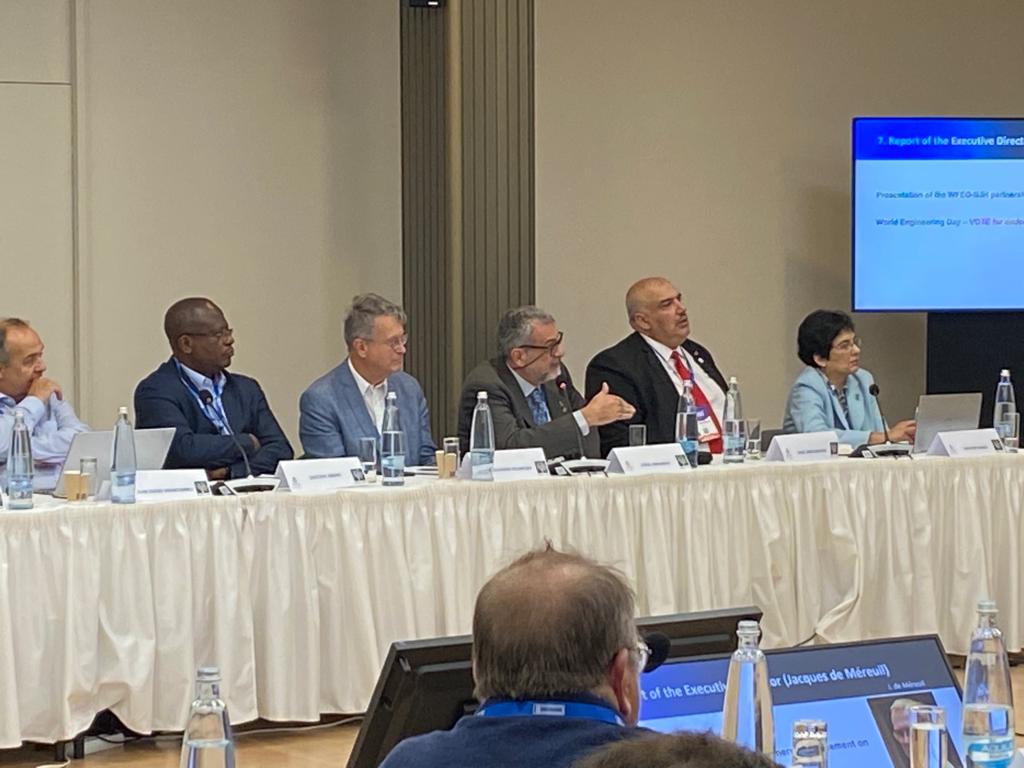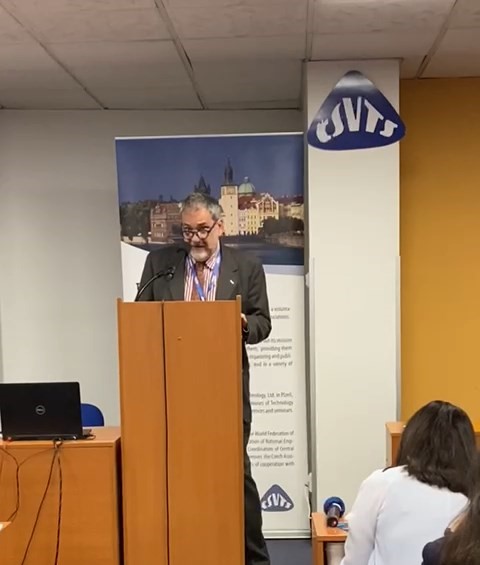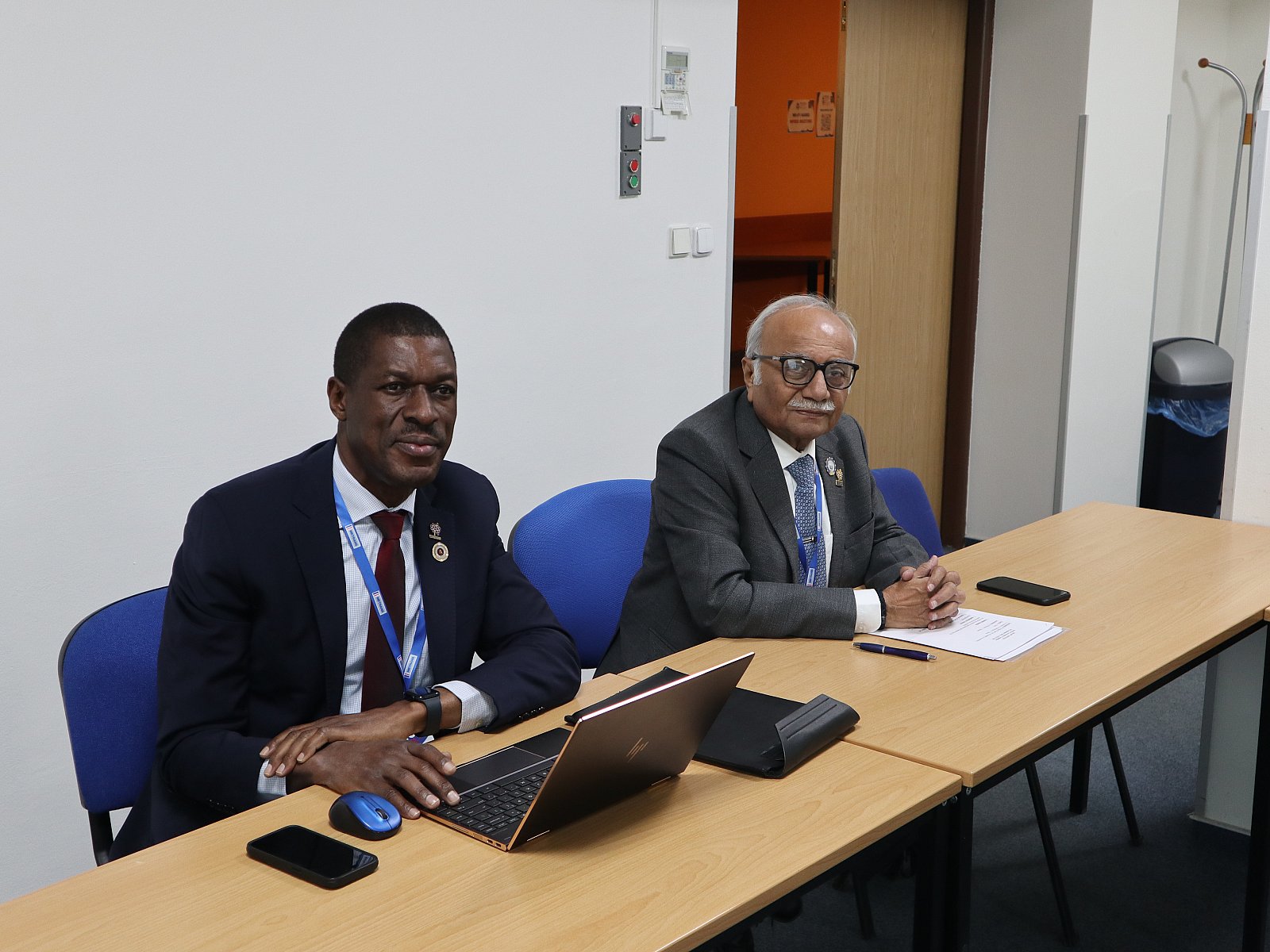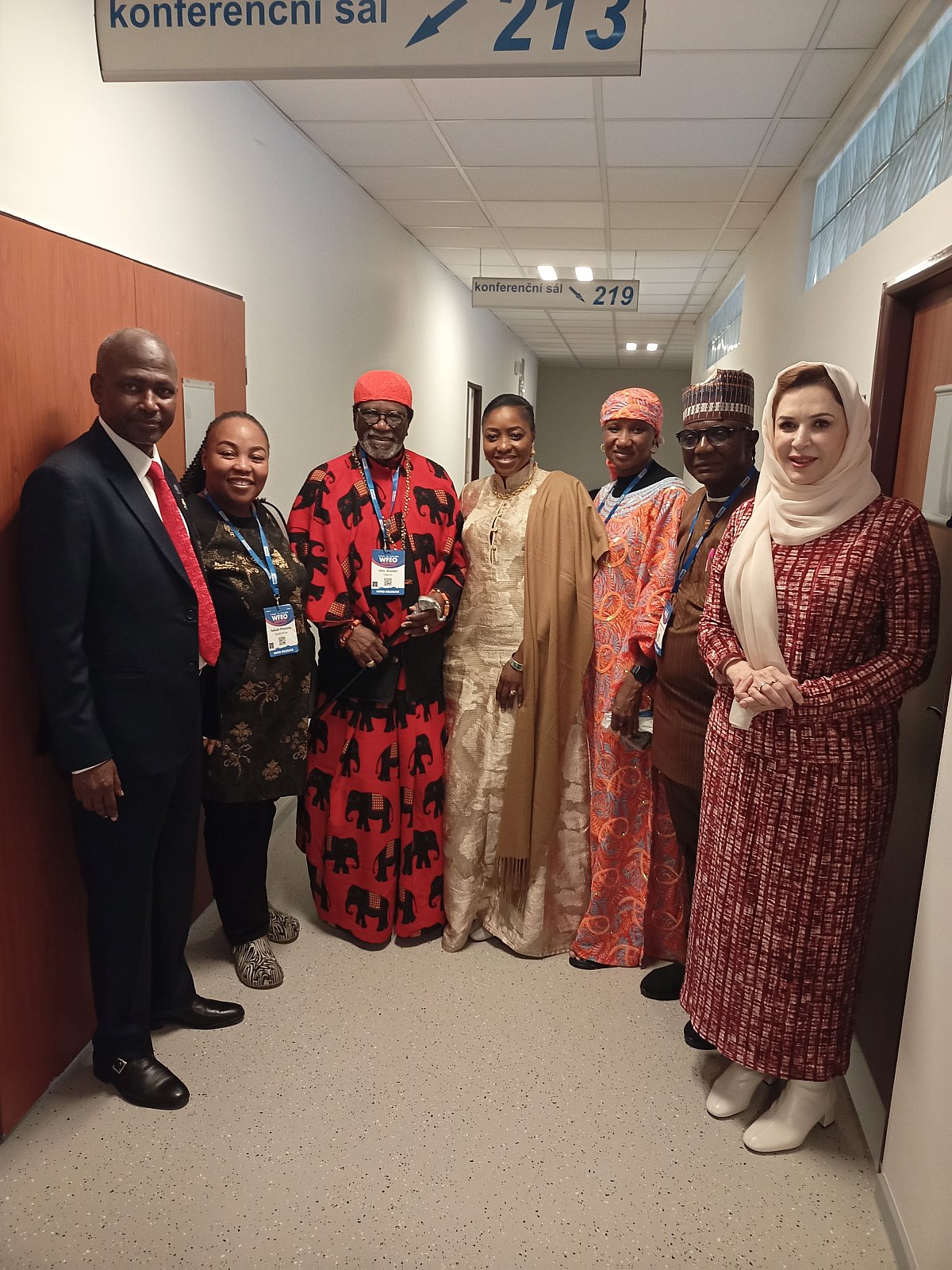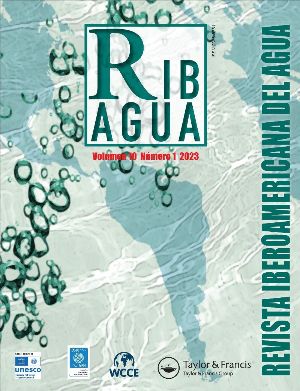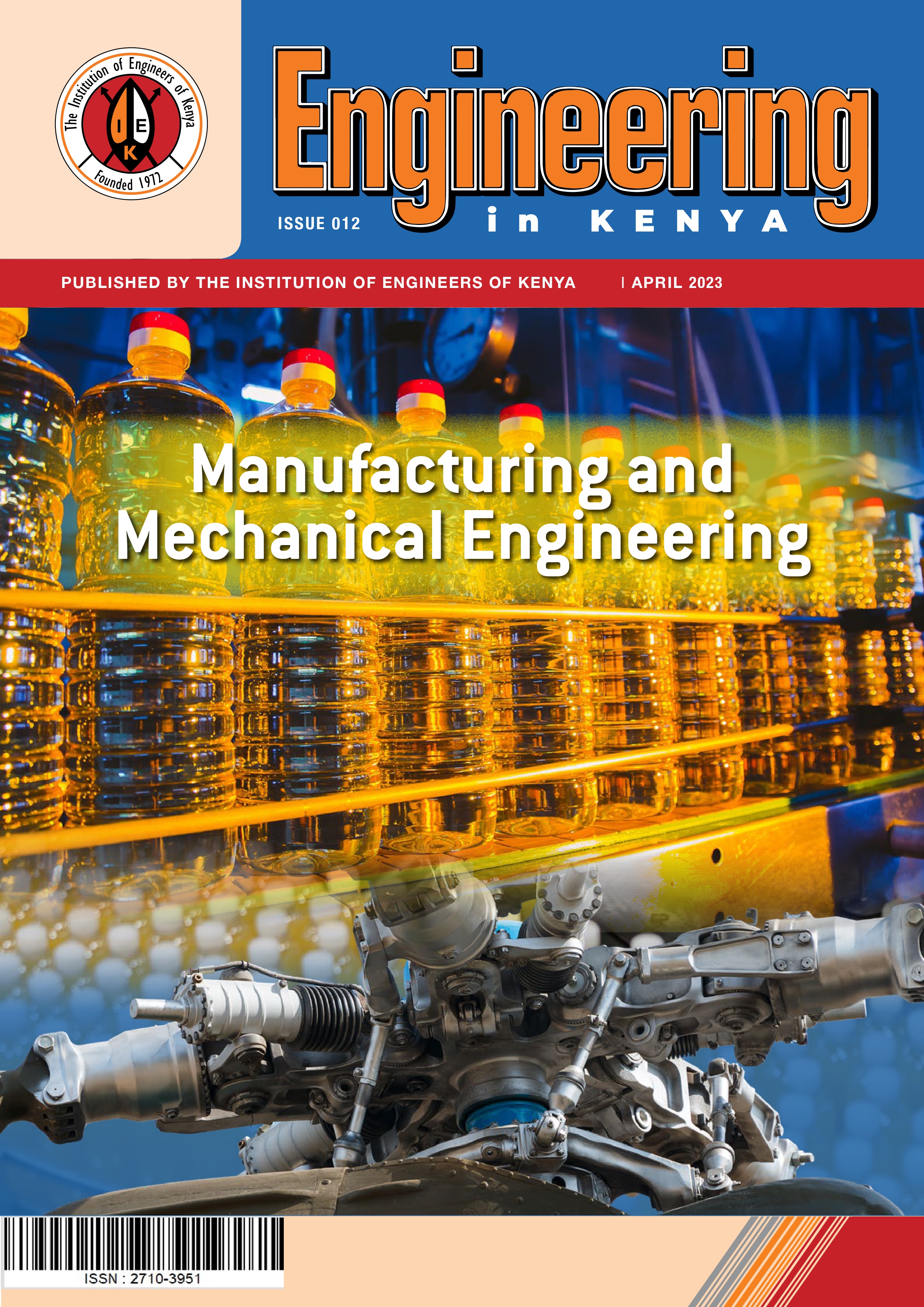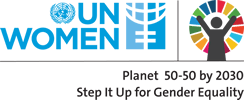Call for SC and WG proposals
As agreed in the last GA in Mombasa, it has now officially opened the call for proposals for new Standing Committees and Working Groups until May 1st. If the proposal is considered feasible, the Executive Committee will recommend its creation in the following GA. They shall relate to subjects dear to Civil Engineering. Each SC or WG shall have the agreed support of a National Member, providing the Chairman and Secretary of the Committee as well as the administration and expenses. SC chairmen are elected for three years, renewable for another three years, altogether six years. Then the host country must change.
WEC 2023 and WFEO General Assembly, Prague
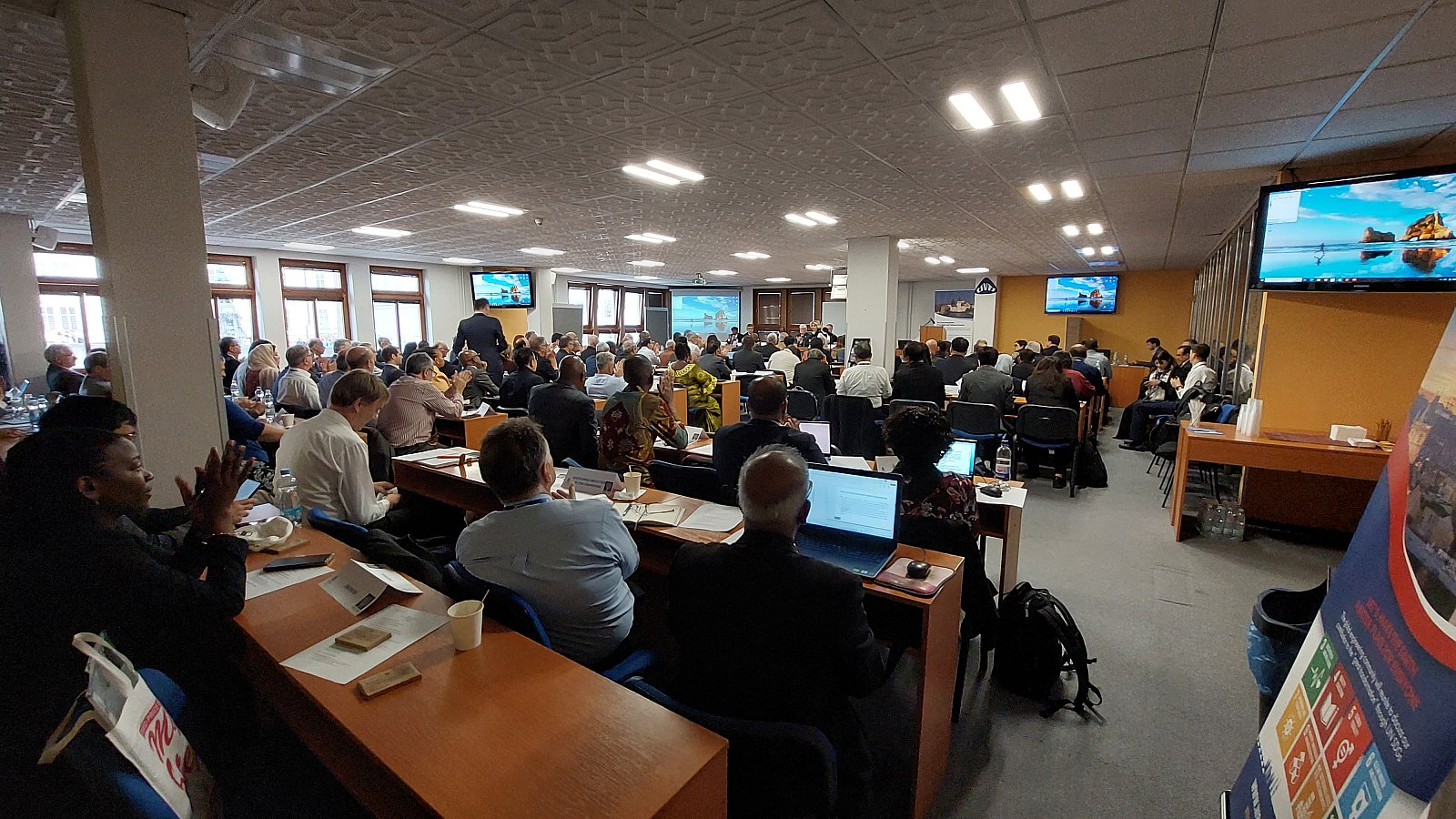 Highlights of the WFEO General Assembly in Prague and WCCE participation
Highlights of the WFEO General Assembly in Prague and WCCE participation
The 7th World Engineers Convention occurred in Prague from October 11 to the 13th, 2023 followed by the biennial General Assembly (GA). This GA acquired significant meaning as new authorities were elected and the new president, Mustafa Shehu (Nigeria), began his mandate as Jose Vieira (Portugal) finished his period. The new President-Elect is Eng. Seng Chuan Tan, from Singapore, a civil engineer. Ania Lopez (Italy) was elected as Executive Vice-president, and Ms. Nahla Ahmed Al Qasimi (United Arab Emirates), Mr. Miguel Fierro (Uruguay), Ms. He Jing (China), Mr. Nathaniel Matalanga (Kenya) and Mr. Navinchandra Vasoya (India) were elected National Members to the Executive Council. WCCE’s President, Eng. Jorge E. Abramian, acted as a member of the Nomination Committee and also the Election Committee.
🌀 International Day for Disaster Risk Reduction | 13 October
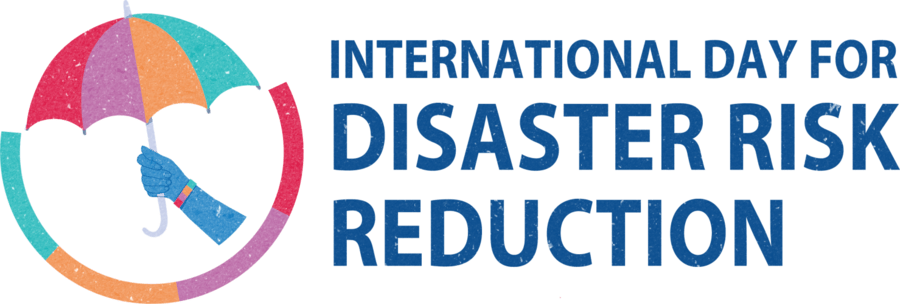 In 2023, the International Day will look at the reciprocal relationship between disasters and inequality. Inequality and disaster vulnerability are two sides of the same coin: unequal access to services, such as finance and insurance, leaves the most at risk exposed to the danger of disasters; while disaster impacts exacerbate inequalities and push the most at risk further into poverty.
In 2023, the International Day will look at the reciprocal relationship between disasters and inequality. Inequality and disaster vulnerability are two sides of the same coin: unequal access to services, such as finance and insurance, leaves the most at risk exposed to the danger of disasters; while disaster impacts exacerbate inequalities and push the most at risk further into poverty.
Find out more: https://iddrr.undrr.org/
💡 Unleashing Africa’s Engineering Potential: Charting a Course for Inclusive Growth and Prosperity | A column by FAEO President
 Kazawadi Papias Dedeki (Pr. Eng, ACIArb, MIPM, CIPM, Accredited Mediator, Arbitrator and Certified Circular Economy Expert)
Kazawadi Papias Dedeki (Pr. Eng, ACIArb, MIPM, CIPM, Accredited Mediator, Arbitrator and Certified Circular Economy Expert)
FAEO President & Chairman of WFEO Committee on Anti-Corruption
Africa’s engineering capacity for economic development varies across nations, with countries like South Africa and Nigeria making notable progress. However, challenges such as the skills gaps, inadequate infrastructure, and political instability persist. The sufficiency of engineering capacity in Africa to drive economic development demands targeted investments, skills development, and regional collaboration.
As Africa’s population burgeons, the demand for services outstrips the existing engineering capacity. The continent grapples with a shortage of skilled engineers, inadequate infrastructure, education disparities, and resource limitations. Addressing these issues requires sustained investments, international collaboration, and a focus on sustainable solutions. These issues will be at the forefront of the UNESCO 9th Africa Engineering Week and 7th Africa Engineering Conference | 📺 Watch it livestream taking place at the CSIR Convention Centre, in Pretoria, South Africa from 25-29 September 2023.
📚 RIBAGUA - Vol 10 Issue 1 | WCCE Library Peek
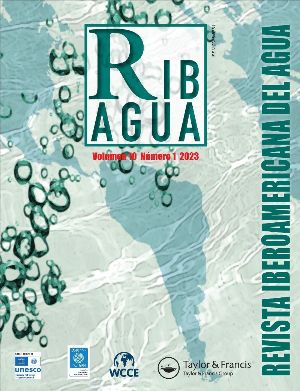
RIBAGUA , Ibero-American Water Magazine , is a journal of the IAHR and the World Council of Civil Engineers ( WCCE ) that is focused on topics of special interest to the Ibero-American region and facilitates researchers, engineers and decision-makers related to water publish their works in Spanish and Portuguese.
Issue 1 of 2023 contains four articles on various topics of importance in Latin America. The first one, from Peru, presents experimental research related to vortices that may occur in water intakes, with important applications in dams. Criteria to classify the types of vortices, and conditions to prevent them are provided. The second article addresses the practical problems of measuring head losses caused by screens in large dams. In particular, the case of Salto Grande is introduced, between Argentina and Uruguay (the article comes from the latter country), which contributes significantly to the generation of energy in the Southern Cone. Third, a detailed comparison of data models based on precipitation-runoff processes is described, and the performance of models is exemplified with cases from basins in Uruguay. A research of utmost importance for all Iberoamerican basins. Finally, a novel methodology to track the effects of COVID-19 on wastewater from the City of Buenos Aires, Argentina, is explained in the fourth manuscript. Developed by AySA, Aguas y Saneamiento Argentinos by itself provides a freely available technology.
📯 Reversing Africa's infrastructure deficit requires the cooperation of engineers
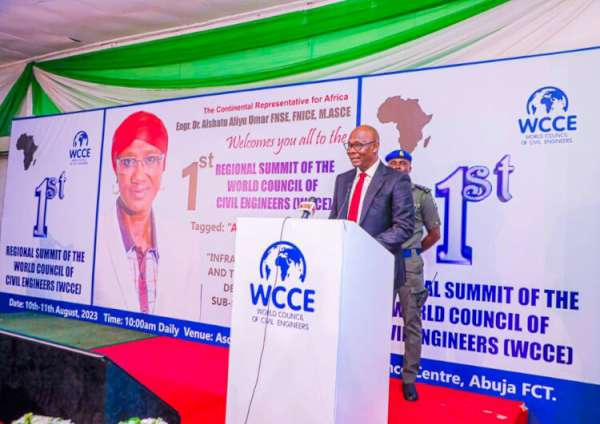 Highlights of the 1st WCCE African Regional Summit in Abudja
Highlights of the 1st WCCE African Regional Summit in Abudja
Organized by our WCCE's continental Representative, Dr. Aishatu Umar, the First Regional Summit of the World Council of Civil Engineers was held from August 9th to 11th in Abuja, Nigeria. The Summit described the diversity both economical and political of Sub-Saharan Africa and its many challenges, among them, a blatant infrastructure deficit. The Summit was an effort to address different challenges due to either lacking or poor infrastructure - a major obstacle to economic growth and development in the region, as a lack of sufficient access to power, road networks, telecommunications, and efficient transportation hinders the flow of goods, services and information. Note that SDG 9 mandates the Development of quality, reliable, sustainable, and resilient infrastructure.
Page 2 of 25


